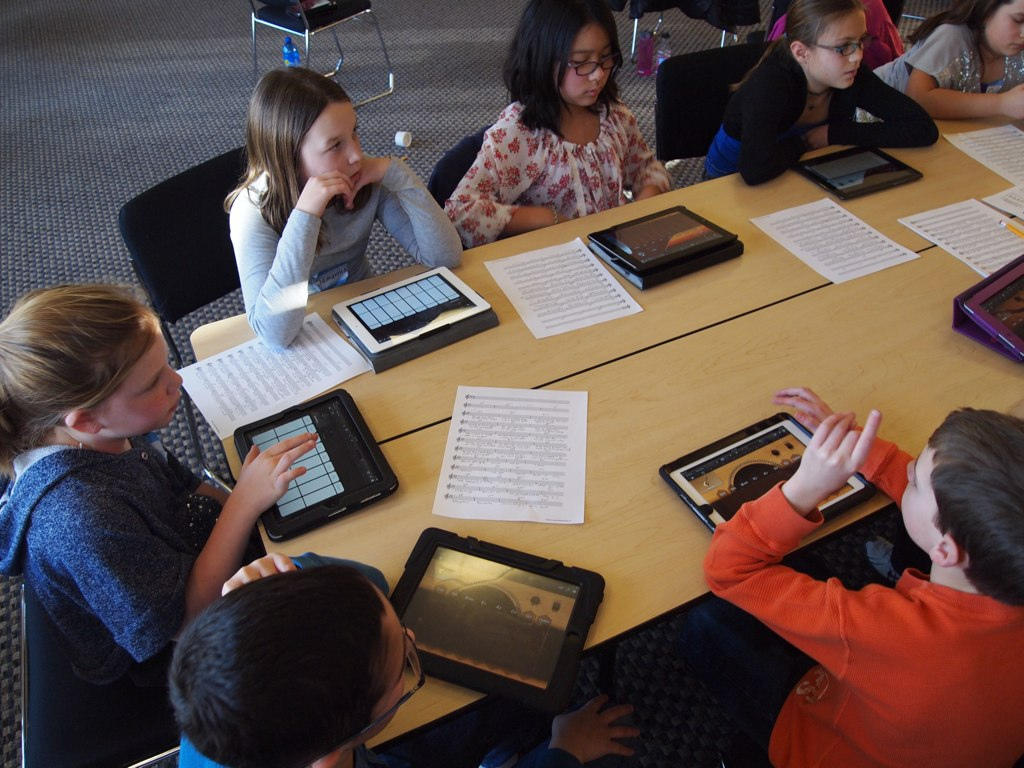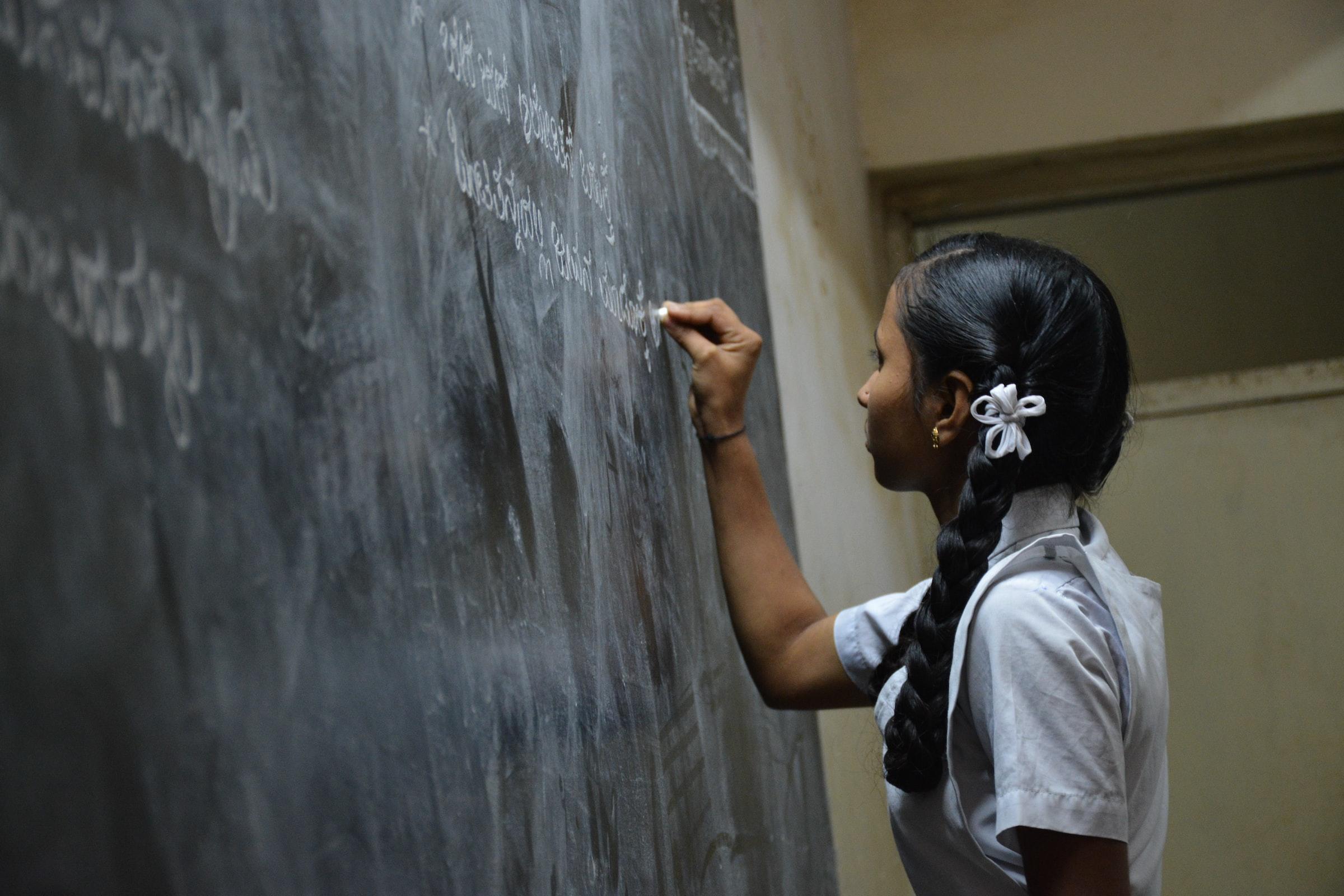Chapters
"Education is what remains after one has forgotten what one has learned in school." - Albert Einstein
The United Kingdom has seen a sharp rise in private tuition in the recent years.
In 2016, at least 25% of all British pupils have had a private tutor, going up to 42% in London.
The Sutton Trust, which made extensive surveys on the matter, says that 38% of the pupils receiving help from a tutor worked on one specific GCSE subject (Maths, Science, Humanities, Social Sciences, French, Spanish, ...) while another 18% were tutored to pass a grammar school entrance exams.
With a market that increased by more than 30% in the last 10 years, despite being rather expensive (21£/h in average), not offering any tax breaks like France does, how to offer the best possible tutoring to your students?
With a lot of competition out there (1 in 10 state school teacher gives private lessons, going to 50% in North East England), you will have to make sure that your lessons work but also that you keep your students interested.
We're going to go through a few ways you can make your lessons more playful and interactive.


How To Integrate Games In A Lesson?
Most parents of pupils and students who are encountering difficulties in schools do not think that the "have fun and learn more" angle would work at improving their children's results.
Yet, the Playful Education approach to learning inspired by the Montessori method amongst others is meant to help out kids that struggles with the traditional, sometimes rigid, approach outlined by the Departement of Education.
These traditional methods are based on the apprenticeship of the collective knowledge, skills and culture curriculum with very ambitious programs and unified school rhythms.
Many struggling pupils get more and more behind in the competitive games of education.
The alternative method we suggest is Playful Learning.
Why?
Because it allows pupils and students to have fun while they are studying or doing their homework.
Video games, 3D animations, softwares, learning apps, music or websites offering free lessons a
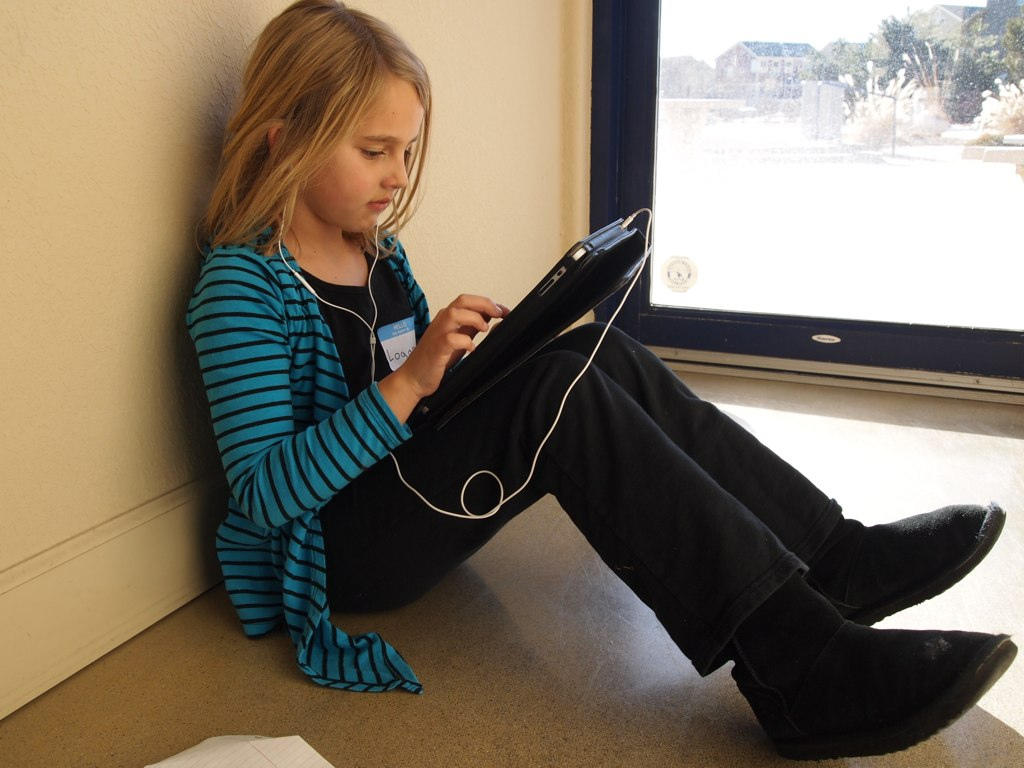
Online exercises are valid educational tools that are becoming more and more popular.
Any teacher will tell you that it is crucial to engage the students throughout the education process.
You can engage with your students and help them:
- Pick up the subjects they might have fallen behind in
- Extend their general culture and discover other themes
- Offer flexible follow-up checks
- Stimulate their creativity
- Integrate their hobbies (music, sports, arts, TV, video games, ...) in the education process
- Boost their confidence
- Relax and free them from the traditional curriculum stress
Any first-year children will learn the alphabet by singing or will learn how to count using sticks or toys.
When A-level exam time is around the corner, many students report anxiety and stress especially if they are already struggling.
As a tutor, it is essential to address and defuse this school-induced stress and help them strengthen their learning both in Humanities and Sciences using the Playful method which includes:
- History games
- Multiple answers test
- Right or Wrong
- Quizzes
- Cross-words
- Subject related movies
- Essays about student relevant subjects
" Education is not just about going to school and getting a degree. It's about widening your knowledge and absorbing the truth about life." - Shakuntala Devi, Indian writer and mental calculator
Make Tutoring Fun With Games
In England and Wales, at least one in ten of all state-educated 11- to 16 years old are tutored on a regular basis.
If your child needs to go through summer school, it doesn't have to be the punishment he or she thinks it might be. Tutoring can be made fun with games.
Thanks to the Internet, helping your child during holidays will feel more like playing rather than working.
Many websites, designed and updated by teachers and educators, will give plenty of amusing and playful exercises to your children:
- Memorisation games and puzzles
- DIY games
- Colouring alphabet
- History and Geography initiation games
- Writing workshops
These websites often alleviate the need to go through direct private tutoring for the first three years of primary school.
Using playful games to learn simple mathematics (additions, subtractions) using fruits, dice or cards, allows the child to develop mental representations of number and will reinforce his or hers numeral skills.
Using the Playful method can be a bit more complicated when you are dealing with anxious teens just about to take their A-levels.
Given the workloads that they may have, revising Maths, Sciences, Humanities, English and more, using games might appear ludicrous.
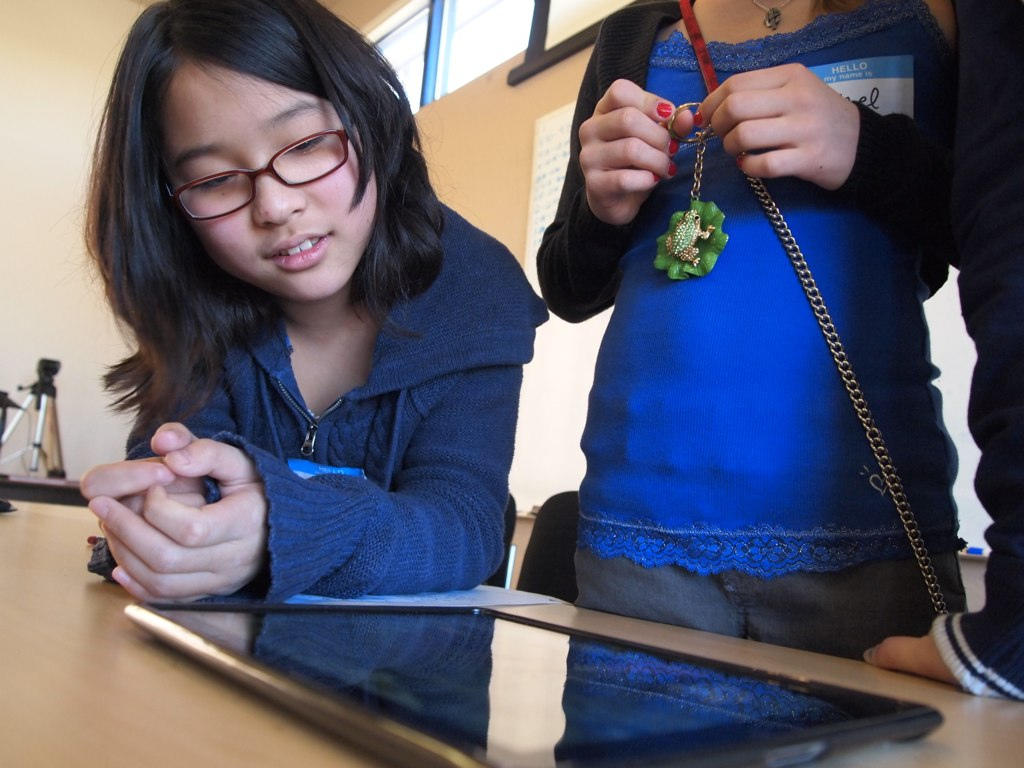
Websites such as Sporcle or GoConqr offer many games, quizzes and support for students past primary school.
From calculus and numeral games to solving problems and geometry, these websites offer a lot of educational materials for free.
Students will also be able to play games on geography, history or general trivia to perfect their education.
School Support: Use Online Exercices
Playing to get back on track or perfect a learning method is good, but where to look for that? On the Internet of course.
Many websites will give you the chance to follow signs of progress made by the pupils or students throughout the school year, from Year 1 to A-level graduation.
Learning modern languages and studying science subjects on the Internet mainly give the children a chance to improve their grades and works just like tutoring: it follows a methodical program and offers a personalised follow-up.
"With the growing popularity of e-learning, it occurred to me that the e should mean more than electronic. If we are going to call it e-learning, shouldn't it be effective, efficient, and engaging?”
― M David Merrill, First Principles of Instruction
To learn a foreign language, have a look a one of these:
- Little Pim
- Muzzy BBC
- FluentU
- Dino Lingo
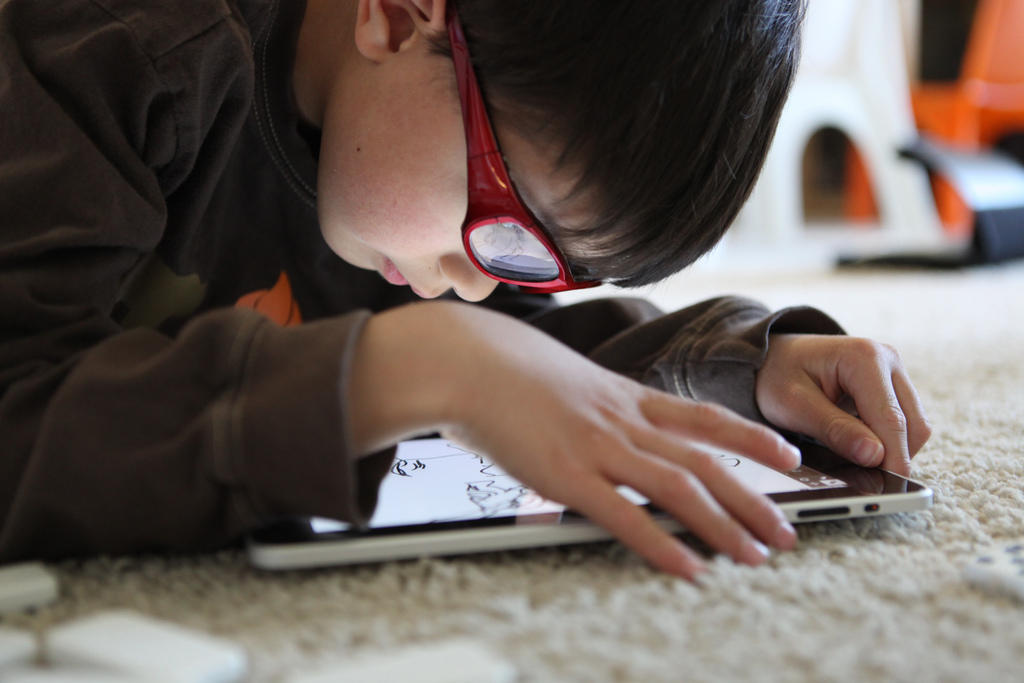
There are many more online resources offering lessons and exercises on all sorts of subjects most often in free access: the dream of any parents, teacher, tutor or child.
On the paying websites, a team of tutors is often at the disposal of pupils and students registered. They can ask questions all day long, every day and receive answers really briefly.
This gives the children a personalised education coaching, without having to leave the house. It is also more and more common to have tutors offerings lessons and correcting exercises in video calls.
Giving classes on a digital platform is also a way for a teacher to maximise their times by cutting the commute from a child's home to another and thus making the most of your day while helping as many children as you can.
Some subjects are more in demand for tutoring than other: language lessons, maths sessions, or even music instruction (creativity plays a vital role in the educational development of children).
Looking for some extra help with Maths:
- Math Playground
- Coolmath Games
- GB Education
- Top Marks
If you're not convinced that online education is for you or your children, feel free to contact one of our many private educators on Superprof, they will offer one on one tutoring with more complete lessons and guidance to pupils and students.
"Education is the most powerful weapon which you can use to change the world." - Nelson Mandela
How To Use Apps For Learning
According to statistic, in the UK in 2017, 96% of 16 years old owned a smartphone, which is as much as the 25-34 years old UK population.
As much as 50% of UK homes also have at least one tablet such as an iPad.
These figures show that App learning has great potential and the app making industry noticed.
With teens that never leave their phones, learning through them is using the best technology has to offer while giving pupils and students personalised support for their learning.
If you
- Numberland,
- DragonBox Big Numbers
- World Geography
- Memrise
- Pocket Prof
These digital softwares often offer a wide range of subjects from sciences (maths, biology, physics and chemistry) to Humanities (history, geography, social studies, philosophy, ...).
Using these tools and a child is struggling in schools can be an excellent way to keep him or her on track and maybe bring more enjoyment in learning - and also make tutor jobs more fun!
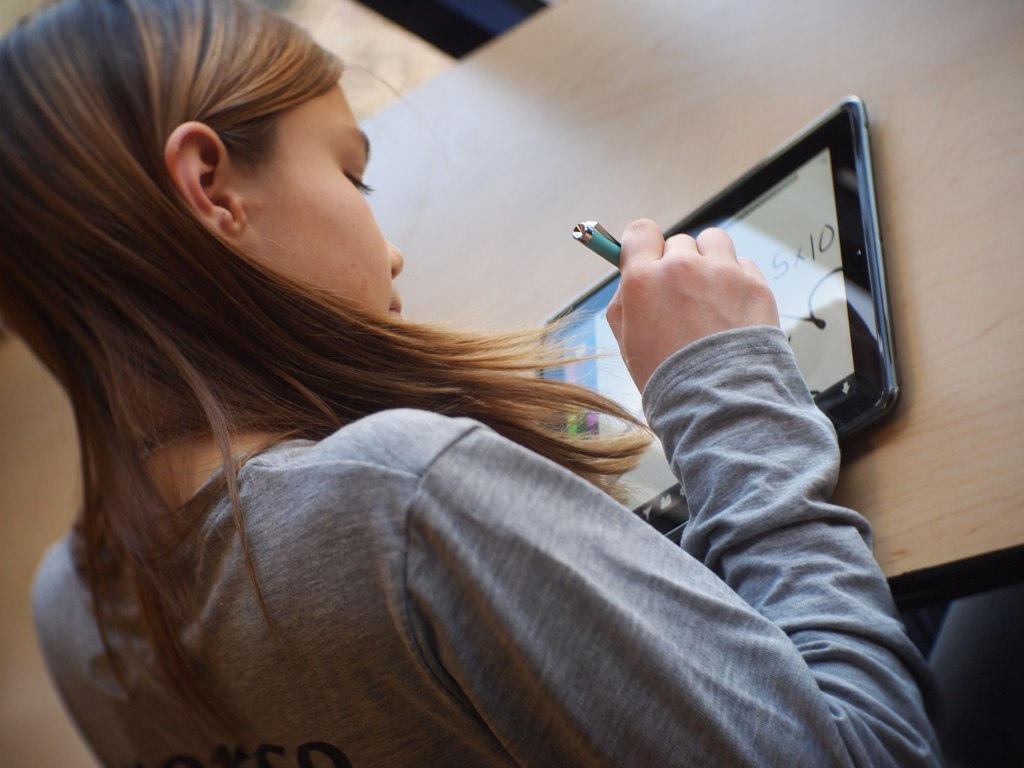
If you are looking for more learning websites and apps check those out:
- Edupad
- Preschool & Kindergarten
- Educational App Store
Better than the standard classroom given in conventional schools, an App give you the chance to study without the time and space constraint of a classical education. No one to check that you did your homework: the idea might appeal to a lot of pupils!


